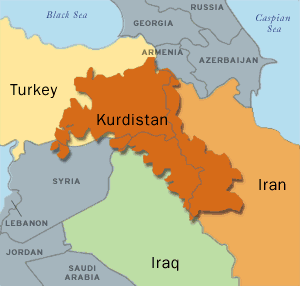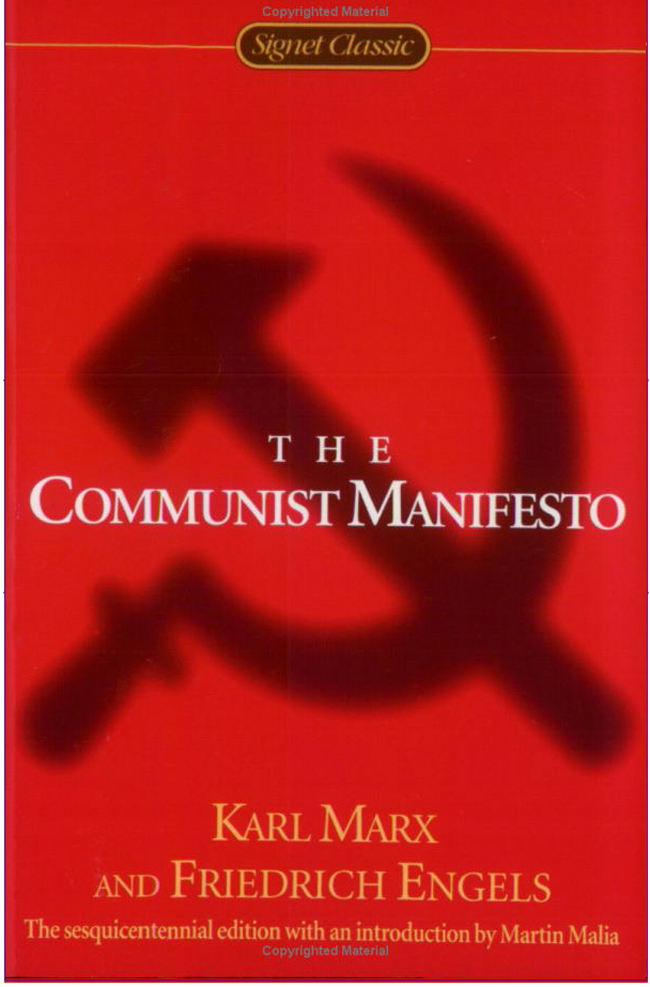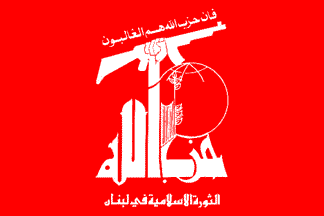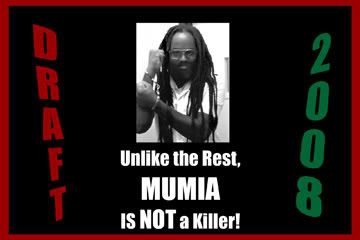Turkey Again Threatens to Attack Kurds in Iraq

In Monday's pro-war Washington Times, Andrew Borowiec reported on the escalating violence along the border of Turkey and Iraq between Kurdish separatists and the Turkish armed forces.
While the world's attention remains fixated on the Resistance to imperial occupation in Lebanon, Palestinine, and Iraq, tension between the Kurds and the Turks has a history that always-already contains within it the possibility of a full-scale war in Northern Iraq at any moment.
With the Zionist entity angering the Turks by supporting - for purely self-interested reasons - the Kurds' call for a state, any war on Kurds will inevitably mean violence between Apartheid Israel and Turkey in the only peaceful region in Iraq.
Compounding this tension is the fact that just one week ago, the Turkish military announced the appointment of a hardline anti-Kurd general, Yasar Buyukanit, to assume command of the Turkish military later this month who, according to the Daily Star, praised a Turkish soldier jailed for his role in a terrorist attack aimed at stirring up unrest in the mainly Kurdish southeast that triggered riots.
The combination of continually brazen attacks against Turks by Kurds from Iraq and the appointment of the ruthlessly anti-Kurd Buyukanit as commander of the Turkish military probably means that an explosion of violence between Kurds and Turks will occur sooner rather than later. And like so much of the violence in the region, Uncle Sam's occupation of Iraq bears direct responsibility.
While the world's attention remains fixated on the Resistance to imperial occupation in Lebanon, Palestinine, and Iraq, tension between the Kurds and the Turks has a history that always-already contains within it the possibility of a full-scale war in Northern Iraq at any moment.
Intensified attacks by Kurdish separatists are putting increased pressure on the Turkish government to strike at rebel bases in Iraq.As we know from recent history, Turkey has no problem with a brutal campaign to ruthlessly slaughter Kurds. After all, with Uncle Sam's help (before the Kurds became Sam's allies of convenience in Iraq), they did this very thing throughout the 1990s. The difficulty today emerges because, as Seymour Hersch reported years ago, the Kurds in Northern Iraq are closely alligned with Apartheid Israel.
Washington has warned Turkey to refrain from any cross-border action, but diplomats say Turkish Prime Minister Recep Tayyip Erdogan has replied that Kurdish violence "has gone beyond the limits of tolerance."
With the Zionist entity angering the Turks by supporting - for purely self-interested reasons - the Kurds' call for a state, any war on Kurds will inevitably mean violence between Apartheid Israel and Turkey in the only peaceful region in Iraq.
Compounding this tension is the fact that just one week ago, the Turkish military announced the appointment of a hardline anti-Kurd general, Yasar Buyukanit, to assume command of the Turkish military later this month who, according to the Daily Star, praised a Turkish soldier jailed for his role in a terrorist attack aimed at stirring up unrest in the mainly Kurdish southeast that triggered riots.
The public and the influential Turkish military have been demanding a more effective action against the rebel Kurdistan Workers Party, known by its acronym, PKK. Some diplomats say that sooner or later, Turkey will enter Iraq in hot pursuit, whether Washington likes it or not.Such geostrategic considerations mean little to a powerful Turkish military that feels hamstrung in recent years, unable to respond militarily to the Kurds' attacks because of a political campaign underway in Turkey to join the EU. Now, with a new commander and with the campaign to join the EU faltering, the military has grown increasinly hungry to act.
Analysts say the situation is creating new strains in the relationship between the United States and Turkey, despite the "shared vision document" signed during a recent Washington visit by Turkish Foreign Minister Abdullah Gul.
The combination of continually brazen attacks against Turks by Kurds from Iraq and the appointment of the ruthlessly anti-Kurd Buyukanit as commander of the Turkish military probably means that an explosion of violence between Kurds and Turks will occur sooner rather than later. And like so much of the violence in the region, Uncle Sam's occupation of Iraq bears direct responsibility.







<< Home